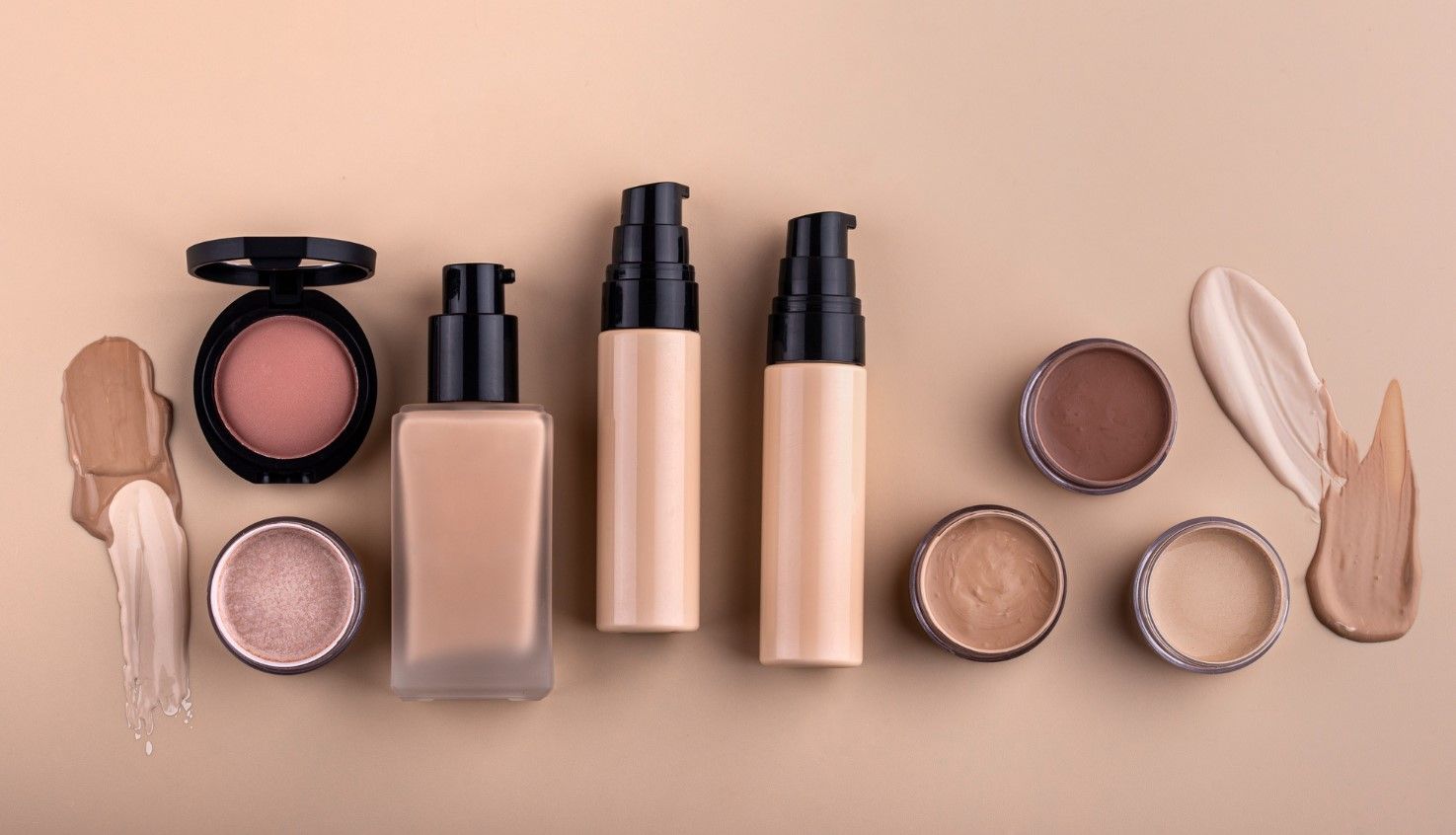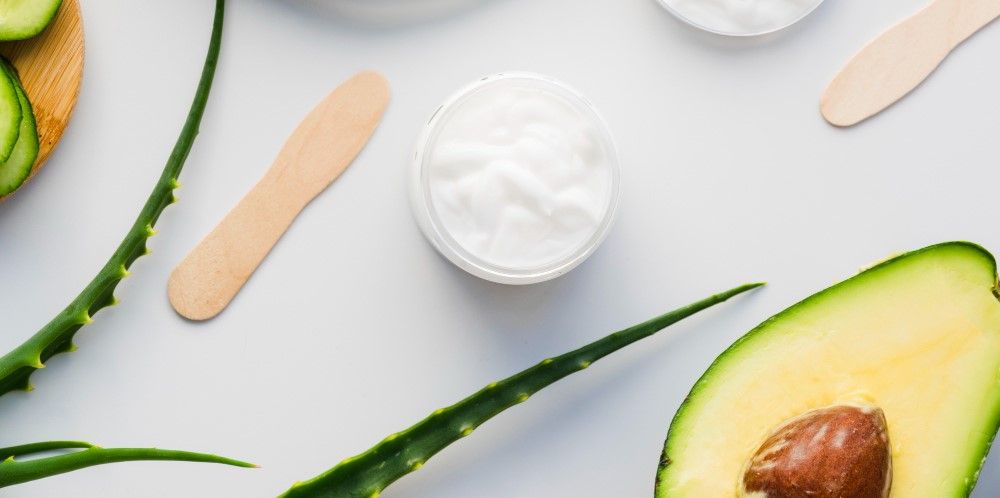Nanotechnology: The Sustainable Science Inside Cosmetics
Nanomaterials are influencing the beauty industry more than most people know … and the changes have only just begun.

The cosmetics industry has a significant environmental impact, with many products containing synthetic chemicals and non-renewable, unsustainable ingredients.
However, a growing number of companies are recognizing the importance of transitioning to sustainable, eco-friendly raw materials for their formulations. By sourcing plant-based, biodegradable, and ethically harvested ingredients, cosmetics brands can reduce their carbon footprint, preserve natural resources, and meet the increasing consumer demand for green beauty products.

Surprisingly for many, the use of nanotechnology is at the forefront of this marketing and manufacturing shift. This is because, as nanomaterial know-how continues to advance, their application in the cosmetics industry is becoming increasingly significant.
For example, microscopic nanoparticles can now be infused into a wide range of cosmetic products, such as skincare creams and lipstick, to enhance their performance and deliver targeted benefits. For many years now, nanoparticles of zinc oxide and titanium dioxide have provided superior sun protection in sunscreens and other skin products by more effectively absorbing and scattering ultraviolet rays. In other products, nano-encapsulated active ingredients like retinol can penetrate the skin more deeply to address specific concerns.
The industry journal Cosmetics Design cites some clear examples of how nanotechnology is changing this competitive sector. Noting how, “… nanocapsules and nanoparticles can be used to protect sensitive ingredients, such as vitamins and antioxidants, from degradation, ensuring that they remain effective throughout the product's shelf life. Specifically, nanotechnology can improve the stability of vitamin C, enhance the bioavailability of retinol, and control the release of hyaluronic acid, thereby increasing the effectiveness of these ingredients in cosmetic products.”

Furthermore, nanomaterials enable the development of innovative product textures, colours, and delivery systems that were previously unachievable.
With the ability to manipulate matter at the atomic and molecular scale, nanotechnology is revolutionizing the cosmetics industry by ushering in a new era of highly advanced, customized, and efficacious beauty products.
Additionally, a recent scientific review has highlighted the potential of nanotechnology to revolutionize cosmetics by enhancing efficacy and sustainability through the innovative use of plant and animal by-products, while also addressing crucial safety and regulatory concerns. Specifically, the authors note that, “Nanotechnology can significantly improve the stability, bioavailability, and controlled release of active ingredients in cosmetic products.”
The study also emphasised how nanotechnology might help create multifunctional cosmetics, which are a significant trend in the present industry. Products that contain nanoparticles can provide several advantages at once, such anti-aging, UV protection, and hydration.
This strategy satisfies customer demands for products with greater versatility and fits in with the industry's move towards simpler cosmetic regimens – a ‘one product does it all’ mindset.

It is also worth noting that this market shift is being sold as ‘clean beauty,’ with advertising focused on a cosmetic product’s eco-friendly credentials, sustainable raw materials, and effectiveness (which allows for less product to be used for the same impact).
This last goal places nanomaterials at a premium, as their high surface area to volume ratio means that a small amount can make an enormous difference.
Additionally, nanomaterials are frequently synthesized from waste products such as seeds, fruit skins, and used coffee grounds, meaning that they can be a low-cost feedstock which carries a ‘sustainable’ tag.
Also on this theme: Bulk Industrial Ingredients vs Nanoscale Feedstocks and Lignin Nanoparticles: A New Raw Material for Sunscreen
“Aligned with this perspective of a more green and highly effective cosmetics, nanotechnology has emerged as a transformative approach to developing sustainable, high performance cosmetic products. By facilitating the manipulation of materials on a molecular scale, this technology enhances the bioavailability and efficacy of cosmetics derived from plant and animal waste.”
This is not a novel concept for the cosmetics industry, as many beauty products already contain bulk feedstocks sourced from unwanted materials, such as waste vegetable oil in lipsticks or collagen extracted from fish scales. Nanotechnology, however, could take recycling in the cosmetics sector to a new level.

As with all emerging technologies, the researchers encourage strong cooperation between manufacturers, educational institutions, regulators, raw material suppliers, and consumers, to ensure that the use of nanomaterials in cosmetic products remains safe.
The study’s authors stating that, “Continued innovation, coupled with stringent safety standards, will drive the future of high-tech sustainable beauty.”
This move towards sustainable raw materials is crucial not only for minimizing the industry's environmental toll, but also for ensuring the long-term viability and resilience of the cosmetics sector as it adapts to the realities of climate change and resource scarcity. By increasing its use of innovative nanotechnology, combined with a commitment to sustainability, the cosmetics industry can lead the way in developing products that are kind to both people and the planet.
As this technology continues to evolve, we can expect to see even more ground-breaking cosmetic applications that leverage the unique properties of nanomaterials to elevate the consumer experience and transform the way we approach personal care.
Photo credit: Freepik, Redgreystock, Freepik, Freepik, & Freepik

